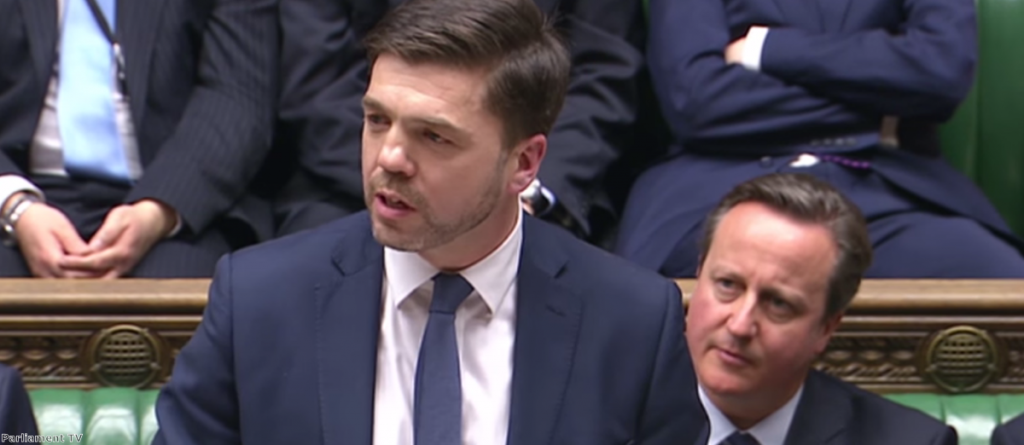After years of fighting to prevent the publication of documents relating to the early stages of Universal Credit, the Department for Work and Pensions has finally released them.
As Politics.co.uk reported last month, the DWP recently lost a legal challenge to keep the documents out of the public domain but campaigners feared it may appeal against the decision.
In 2012, Tony Collins and John Slater sent in Freedom of Information requests for documents which would detail any problems the DWP staff imagined could arise from Universal Credit, information about issues which did occur, and the outcome of a high-level review of the programme.
What followed was a four year legal battle in which the department continuously refused to release the papers.


It was thought that the documents could reveal that the statements coming out of the department back in the early days of Iain Duncan Smith's flagship project were quite different to what was actually happening with the programme.
In 2011 the DWP issued a press release announcing that over one million people would be claiming Universal Credit by April 2014, with 12 million claimants moving onto the new benefit by 2017. But recent figures show that just little more than 200,000 people are now on the new benefit.
"It’s great news that the DWP finally decided to disclose the Universal Credit documents," Slater said this morning. "As many people have commented, it's just a shame it's been fighting to prevent disclosing them for so long."
But Slater and Collins' fight may not be completely over just yet as it appears that not quite all of the papers requested by them have been published.
"Both the open and closed issues and risks registers were requested, but it seems only the open registers have been included in the disclosure," Slater said. "That still needs to be discussed and resolved."
The open registers detail issues and risks which are ongoing and have not been resolved. The closed registers will provide information about problems which may have affected the programme in the past but are no longer impacting it now.
Campaigners will hope that the decision to finally publish the papers is an indication that the DWP will be more open and transparent under the new work and pensions secretary Stephen Crabb.
More follows









